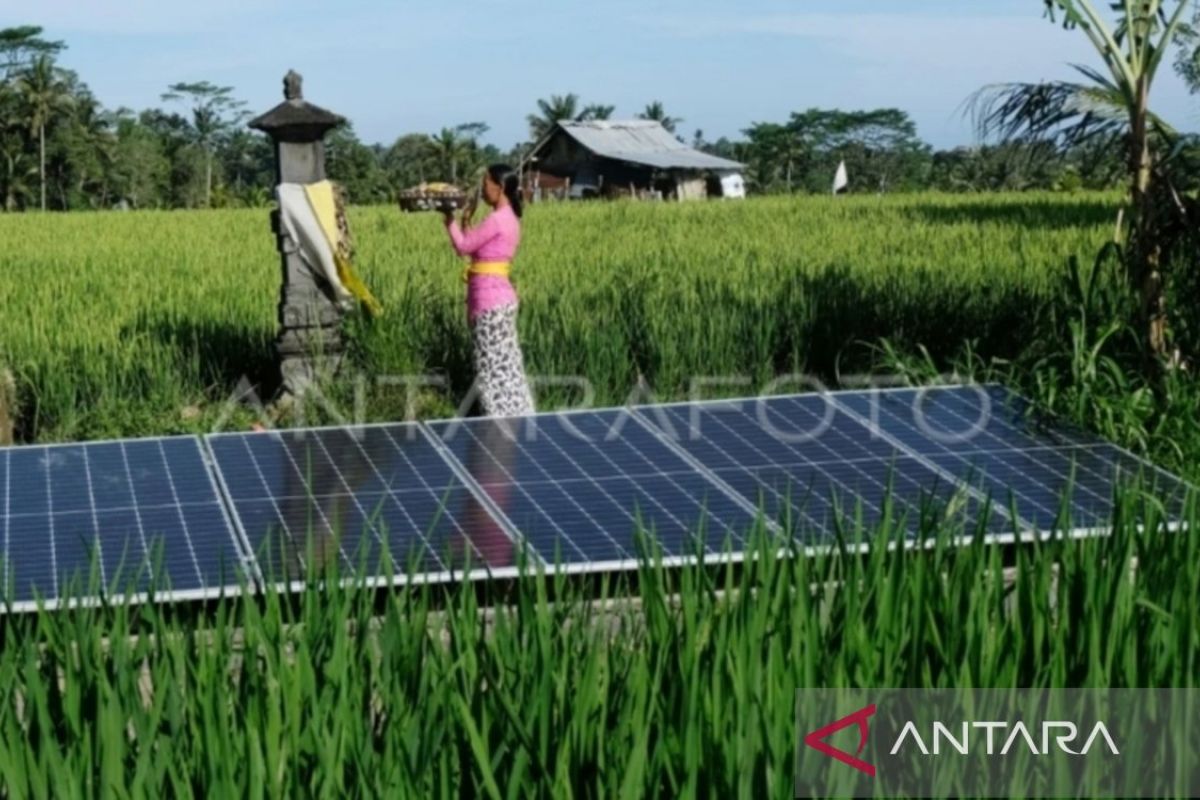Jakarta (ANTARA) - The Ministry of Industry has stated that energy transition efforts can enhance efficiency for domestic industry players, consequently boosting the manufacturing sector's contribution to the economy.
'Energy transition is not merely about reducing emissions but also focuses on improving companies' efficiency,' said Andi Rizaldi, head of the ministry's Industrial Services Standardization and Policy Agency (BSKJI).
He made this statement at the Road to Indonesia International Sustainability Forum (ISF) 2024 event in Jakarta on Thursday. The cement industry is an example of an industrial sector that has improved cost efficiency through energy transition efforts, he said.
Currently, the sector is experiencing oversupply, thus, to respond to this situation, business players in the cement industry prefer to produce green cement with lower clinker, Rizaldi expounded.
With the use of environmentally friendly cement, industry players can save on production costs and provide efficiency to consumers, he added. The BSKJI head noted that the ISF 2024, which will be held on September 5–6, 2024, at the Jakarta Convention Center (JCC) is an opportunity to promote ideas, exchange innovations, and build solidarity between all sectors toward realizing net-zero emissions (NZE).
Under the Enhanced Nationally Determined Contributions (E-NDCs), Indonesia has raised the target for cutting carbon emissions from 29 percent, or 835 million tons of CO2, to 32 percent, or 912 million tons of CO2, by 2030.
Baca juga: Biomass co-firing boosts economy, cuts emissions
Baca juga: Indonesia, Saudi firm to build floating solar power plant in W Java
To achieve the target, the government plans to generate 708 gigawatts of electricity, 96 percent of which will come from renewable energy power plants and the remaining 4 percent from nuclear power.
The investment needed for constructing power plants and the transmission is estimated at US$1.108 billion, with an additional investment of US$28.5 billion required until 2060.
Energy transition can advance industrial efficiency: ministry

Arsip foto - Warga melaksanakan persembahyangan di dekat panel surya yang terpasang di area persawahan desa berbasis energi baru dan terbarukan (EBT), Desa Keliki, Gianyar, Bali, Jumat (16/9/2022). Desa yang menerapkan agrikultur berbasis EBT yakni pengairan lahan pertanian menggunakan pompa air bertenaga surya tersebut menjadi salah satu lokasi kunjungan delegasi studi ekskursi Energy Transition Working Group (ETWG) G20 pada awal September 2022 lalu. (ANTARA FOTO/Nyoman Hendra Wibowo/rwa.)








